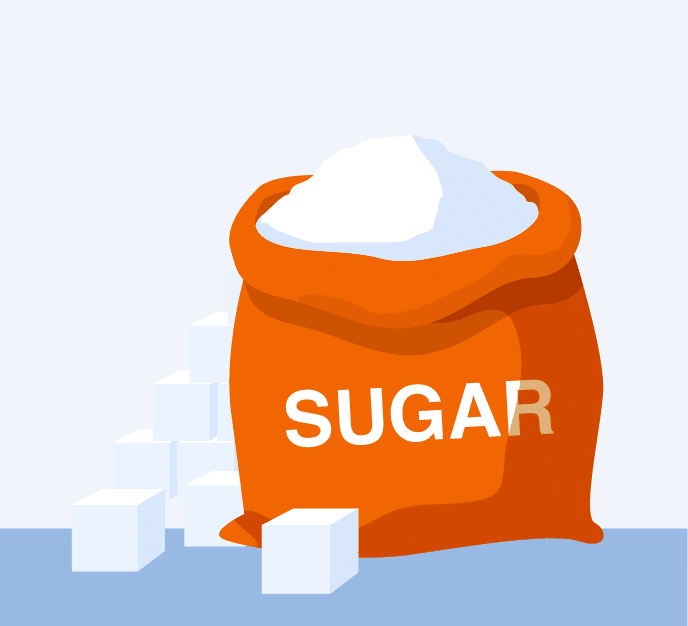EFSA’s NDA panel published on 28 February 2022 a scientific opinion on tolerable upper intake levels for dietary sugars.
The opinion acknowledges and highlights that sugar consumption is a known cause of dental caries and that evidence links the consumption of sugar-sweetened beverages, juices and nectars with various chronic metabolic diseases including Obesity and Type 2 Diabetes and Non-Alcoholic Fatty Liver Disease.
The assessment done by EFSA concerns the main types of sugar found in mixed diets such as: glucose, fructose, galactose, sucrose, lactose, maltose, and trehalose.
The Opinion concluded that food groups that contributed to the intake of added and free sugars in the EU population were ‘sugars and confectionary’ such as table sugar, honey, syrups, confectionery, and water-based desserts, closely followed by sugar-sweetened beverages, fruit juice and fine bakery wares.
For infants, children, and adolescents, sweetened ‘milk and dairy’ products were also a major contributing food category regarding the intake of added and free sugars.
This scientific opinion comes following a request from the national food competent authorities of five European countries (Denmark, Finland, Iceland, Norway, and Sweden) to deliver a scientific opinion on the tolerable upper intake levels (UL) for dietary sugars on the basis of available data for chronic metabolic disease and pregnancy-related endpoints and dental caries.
The impact of this Scientific Opinion will be that if upper tolerable limits are set for dietary sugar off the back of this, it will enable EU member states to set population goals and recommendations on how much sugar an individual should consume through diet.

